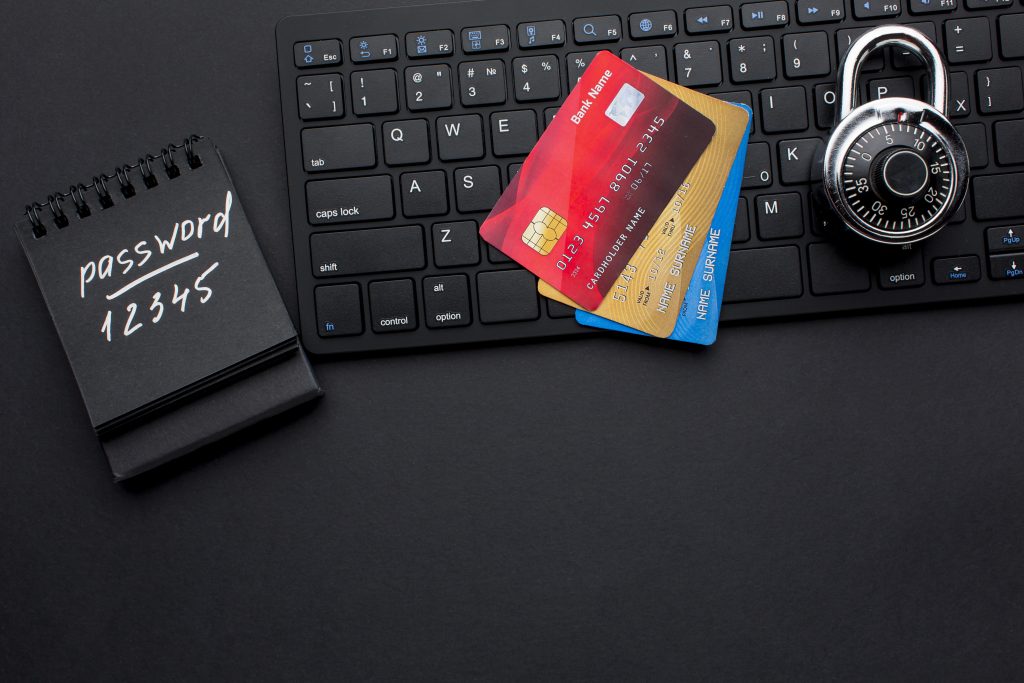Cybersecurity is of utmost importance in the banking sector due to the sensitive nature of the data that banks handle. Banks deal with millions of transactions daily, and a breach in security can lead to the loss of user data, which can be detrimental to the trust that customers have in the bank. Banks need to take protective security measures to safeguard their data against cyber attacks
Cybersecurity is of great importance in the banking sector. Here are five reasons why it is important:
The banking industry faces emerging cyber threats like spear-phishing, ransomware, and distributed denial-of-service (DDoS) attacks. Spear-phishing targets individuals or organisations to steal sensitive information, ransomware encrypts data and demands payment, and DDoS attacks overwhelm networks or websites, making them unavailable to users.
Hackers exploit vulnerabilities in banking systems, including weak passwords, unpatched software, and unsecured networks. Banks also face risks from third-party vendors, mobile apps, and cryptocurrency exchanges.
Banks must adhere to cybersecurity regulations, such as FFIEC guidelines and GDPR, to ensure system and data security and avoid penalties and reputational damage. These regulations apply to banks handling personal data of European Union citizens.
Banks should educate customers about common cyber threats and fraud prevention to help them stay safe online. This includes providing information on phishing scams, malware, and other types of attacks, as well as tips on creating strong passwords and recognizing suspicious activity. Banks can also promote secure banking practices through online resources and guides, such as securing mobile banking apps and cryptocurrency exchanges.
Informational blog posts and articles on cybersecurity in banking can help educate customers on the latest threats, protect against them, and update on their cybersecurity measures. Banks can also leverage social media platforms to spread awareness about cyber risks, sharing tips on staying safe online, providing updates on the latest threats, and promoting their own cybersecurity measures.
Social media can be an effective way to reach a large audience and engage with customers on cybersecurity issues. Overall, banks should focus on educating their customers about common cyber threats and fraud prevention to ensure their online safety and security.
Do you feel like your fixed-term IT agreement doesn’t provide the value that you were promised – find out how much you could save today.
Safeguarding customer data and strengthening cybersecurity measures in the banking industry is of paramount importance. As cyber threats continue to evolve, it is crucial for banks to prioritise the implementation of robust security protocols and stay ahead of potential vulnerabilities.
To learn more about how to enhance cybersecurity in your banking operations, visit Myrtec and discover comprehensive solutions tailored to the unique needs of the financial sector.
Protect your institution and instil trust among your customers with cutting-edge cybersecurity measures offered by Myrtec.

Do you feel like your fixed-term IT agreement doesn’t provide the value that you were promised?
Find out how much you could save.
We offer a sense of partnership that goes beyond the typical IT experience. Our value starts where the scope of a traditional managed service ends. Contact us to book a no-obligation discovery meeting.
We’re not just another faceless IT company. We are all about old school professionalism, which means rather than hiding behind our screens, we’d like to meet you face to face (or virtually if required!).
Let’s organise an initial in-person or online meeting to scope if we’d be a good fit for you.
Copyright Ⓒ 2025 Myrtec All Rights Reserved